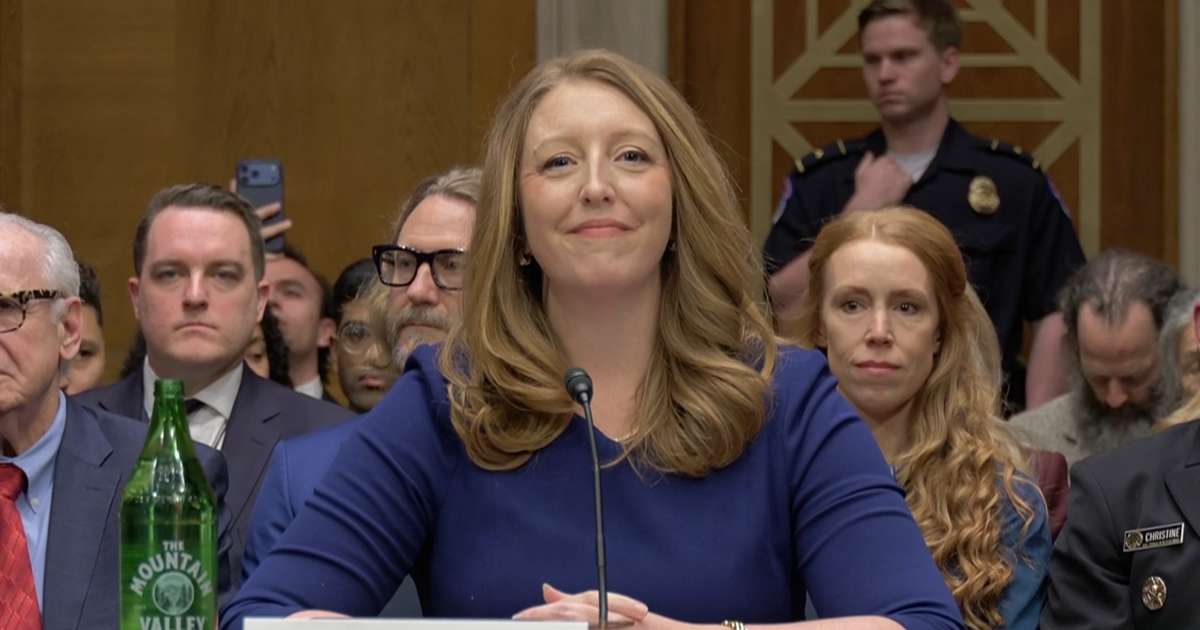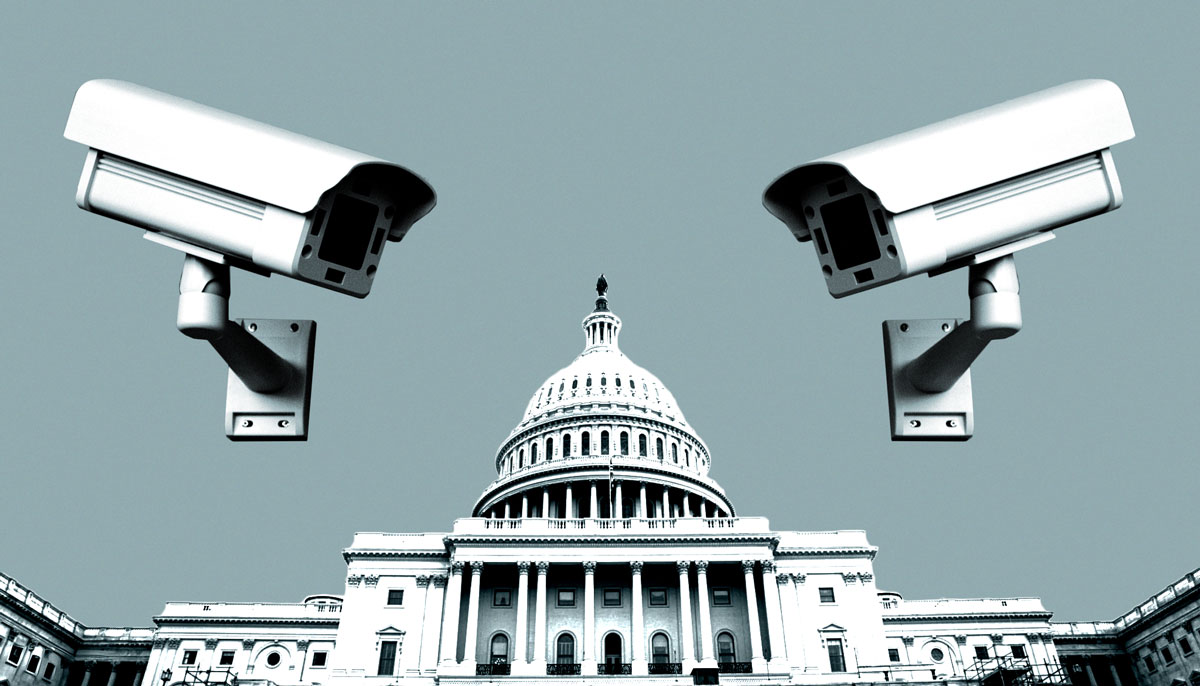Navy collision victims' families look on during Senate hearing
Grieving family members of some of the 17 sailors who died in Naval collisions this year looked on Tuesday as baffled members of the Senate Armed Services Committee demanded answers they failed to receive from top Navy officials.
The U.S. Navy is still investigating four major incidents with its vessels this year, most notably involving the USS John S. McCain off the coast of Singapore and USS Fitzgerald off the coast of Japan. A preliminary investigation into the USS Fitzgerald's collision with an Arleigh Burke-class destroyer faulted the Navy and its crew's "multiple errors," and the Navy relieved two of its top officers and the ship's captain, but it remains unclear how much of the errors in those collisions is attributed to human vs. technical error, among other questions, as the Navy and the Senate panel probe what went wrong.
"How in the world does a billion-dollar destroyer not know that there's a freighter closing in on it?" demanded a clearly frustrated Sen. Angus King, I-Maine, adding that other ships can detect a, "flock of seagulls."
"I think most Americans find these crashes incomprehensible," said Sen. Richard Blumenthal, D-Connecticut.
"Aren't we the most advanced Navy in the history of the world?" Sen. Thom Tillis, R-North Carolina, added to the chorus of disbelief.
The Navy vessels do have radar systems to detect other ships, and sailors are constantly on the lookout, testified Navy Adm. John Richardson, who acknowledged that it may be difficult for other vessels to spot U.S. ships because they are built to be stealthy and difficult to detect. The Navy expects to have the full sequence of events available on the USS John S. McCain this fall, Richardson said. In the meantime, the Navy is working to make U.S. vessels "much more visible" to other ships, and increase manual and electronic detection of vessels within a two-and-a-half mile radius.
But committee chairman Sen. John McCain, R-Arizona, said he knows what the Navy could change "tomorrow," without any further study. The USS John S. McCain is named after his father and grandfather.
"It doesn't take a study ... when you're making people work 100 hours a week," McCain said, after the Navy acknowledged it some crew members put in that many hours.
"Who is looking out for them?" McCain continued, citing seven-month deployments as too long.
"When somebody is working 100 hours a week over a period of time, they're going to make mistakes," said McCain, calling cutting crew hours "common sense."
The Government Accountability Office (GAO) has found the Navy needs to address serious maintenance and training deficiencies, as John Pendleton, director of GAO's Defense Capabilities and Management team, testified Tuesday.
"GAO's prior work shows that the Navy has increased deployment lengths, shortened training periods, and reduced or deferred maintenance to meet high operational demands, which has resulted in declining ship conditions and a worsening trend in overall readiness," GAO said in a paper prepared for Tuesday's panel. "The Navy has stated that high demand for presence has put pressure on a fleet that is stretched thin across the globe."



